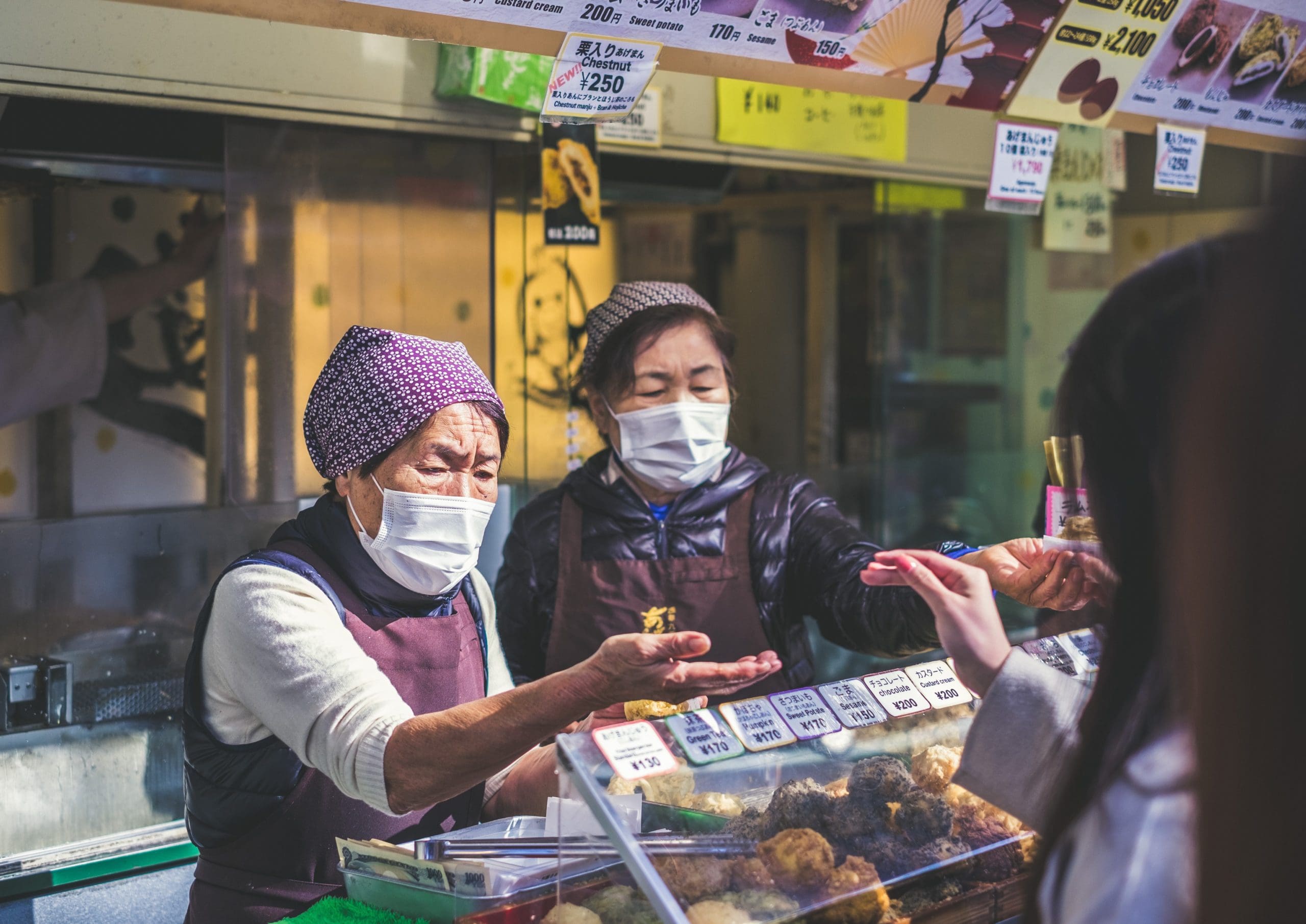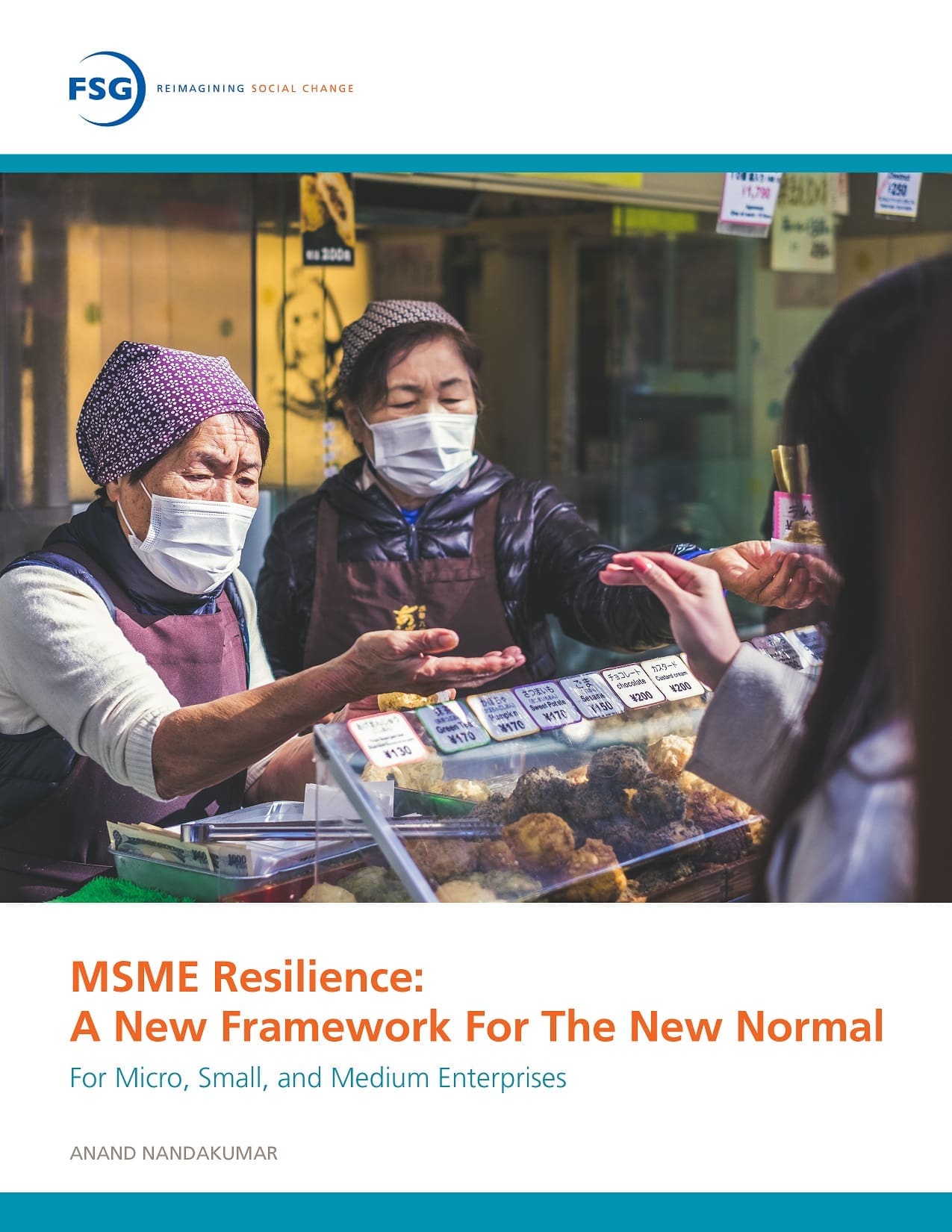Micro, small, and medium enterprises (MSMEs), which are the socio-economic backbone of most countries, have been disproportionately affected by the COVID-19 pandemic.
Governments, development agencies, philanthropic foundations, and corporates have all announced several short-term measures to support MSMEs. Most of these welcome interventions are, however, largely stopgap arrangements at best. For the most part, they do not address the medium-term structural challenges and the fundamental vulnerabilities to future stresses that MSMEs will continue to face.
In this report, we propose a new resilience framework—consisting of eight reinforcing themes that, in conjunction, can support MSMEs to address these medium-term challenges, thrive, and become resilient.
Top Takeaways
- MSMEs have borne the maximum brunt of the economic and social impact of COVID-19. Emerging research confirms that a majority of MSMEs are facing several challenges such as an abrupt drop in demand, working capital issues, logistics disruptions, irrevocable medium-long term disruption of business models in certain sectors, and a significant loss of livelihoods and income.
- Our research shows that a range of short-term measures are being implemented. A majority of government measures are related to providing relief on debt repayments, additional lower-cost debt finance, wage support, reliefs on tax, and other business costs. Development agencies have focused primarily on providing budgetary support for some of the above-mentioned government measures. There has also been help from corporates (e.g. through flexible credit terms) to MSMEs in their value chain. Philanthropies have chipped in with targeted grant funding, and some collaborative partnership-based relief efforts have also been seen.
- Most of these interventions, while very welcome, are unfortunately short-term arrangements at best. They do not address the issue of systemic resilience of MSMEs, such as challenges of dealing with structural shifts in their sectors and business models and their vulnerability to future shocks similar to this pandemic.


